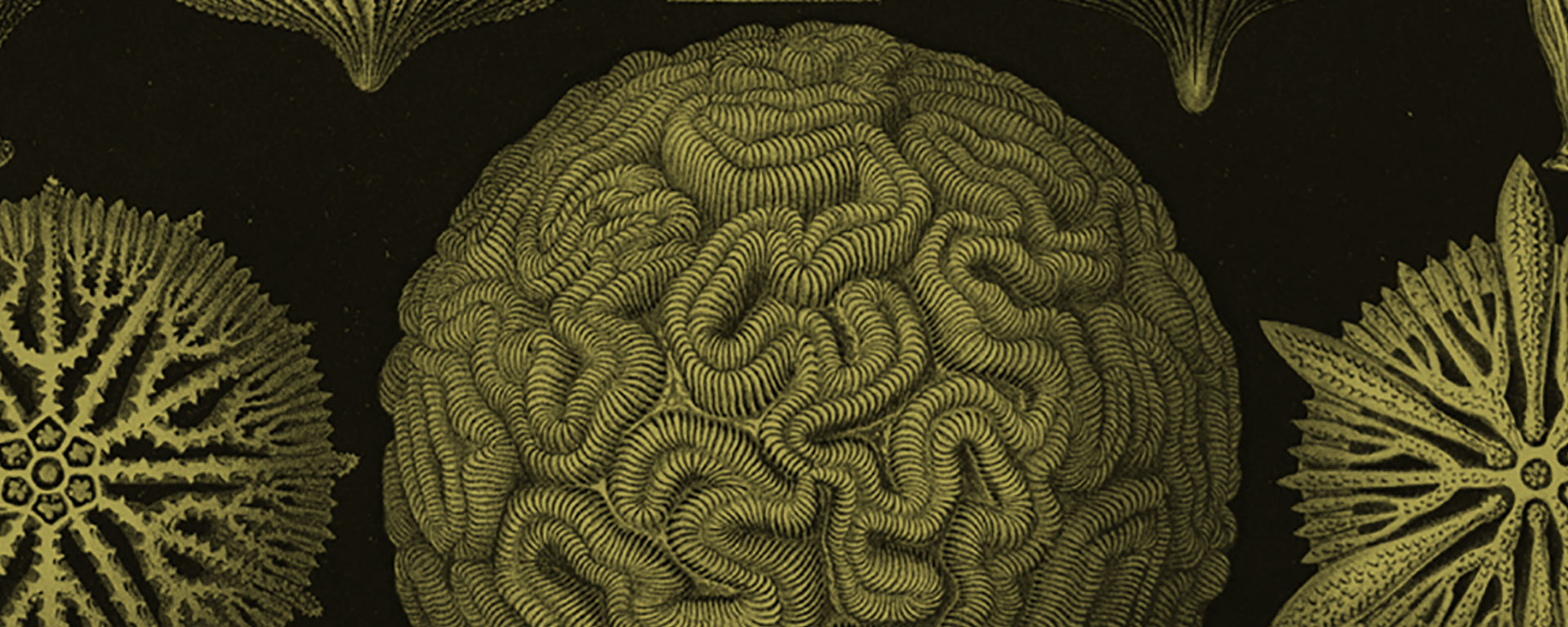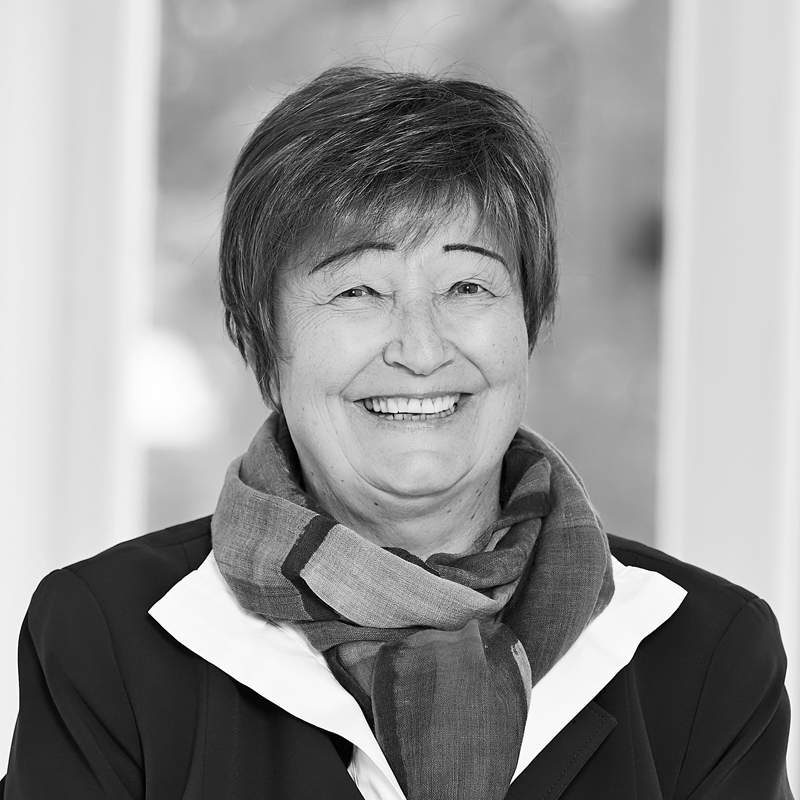
Dorothea
Rüland
Editorial
#02
Issue #02 — Transforming Environments
Crises do not stop at an IAS – especially when fellows, due to their subject, are intensively involved with certain countries or topics.
Crises do not stop at an IAS – especially when fellows, due to their subject, are intensively involved with certain countries or topics. This was especially true for the events of October 7, 2023 and its aftermath, but also for Germany, its role in the EU and its relations with its eastern neighbors. The fact that public intellectuals were fellows at HIAS for the first time this year contributed significantly to these discussions, which were held both inside and outside HIAS.
As a result, these issues have been repeatedly taken up and addressed in various events, including a panel discussion at the Hamburg State Representation in Berlin immediately after the European elections on the topic of „How European do we want/should we become? National Interests versus Global Challenges“.
Especially in light of the current geopolitical crises, it is extremely important to maintain channels of communication worldwide. HIAS provides a safe space where opposing views can be discussed off the record. Divisions that seem to be caused by cultural backgrounds or political camps can often be bridged.
Special moments this year in this context were certainly the afternoon, shortly after October 7, 2023, when a political scientist from Washington, who researches the relationship between religion and the state, and an American artist with Lebanese roots, invited all HIAS fellows to a conversation to discuss the events together and try to put them into context. Or the evening when an Israeli sociologist discussed Hannah Arendt’s philosophy and Israeli positions at a Hamburg university, while a Jewish-American expert on the Middle East, invited by demonstrators, gave a lecture on the student protests at US universities in a pro-Palestinian camp a few hundred meters away.
But the scope was also broadened to include the role of academia itself. At the request of several fellows, there was a discussion on the role of the humanities in higher education systems worldwide, as well as several discussion forums that focused intensively on the topic of science communication. IASs in particular offer an ideal framework for this, as science communication is an integral part of an IAS due to the many fellows from very different disciplines: Again and again, it is a matter of communicating one’s own topic in an understandable way and to making it accessible to an audience that often comes from a completely different academic context. This also offers the great opportunity to create completely surprising connections and to create something new between the most diverse disciplines. This is what happened with this cohort of fellows, as an example, between Computational Systems Biology and various humanities subjects, e.g. ancient Greek Philology.
From the very beginning, HIAS has endeavored to build bridges between the cohorts through alumni work in order to ensure long-term sustainability.
Another focus was on the Environmental Humanities. Scholars from different disciplines came together at HIAS and were able to build on the work of previous cohorts. From the very beginning, HIAS has sought to build bridges between the cohorts through alumni activities in order to ensure long-term sustainability. For example, fellows from previous years have returned to HIAS to present the books they wrote during their time in Hamburg, or individual alumni fellows have participated in public events such as the Hamburger Horizonte.
Local, national and international networks also contribute to the sustainability of the work at HIAS. HIAS has been a member of the European network NetIAS for two years and participates in various working groups there, e.g. on the promotion of early career researchers, on increasing diversity or on the topic of artistic research. The same applies to the loose association of IAS in Germany, in which all participants benefit from the exchange of knowledge. HIAS’s own network with STIAS, the IAS in Stellenbosch, and with the Maria Sibylla Merian Centre CALAS in Latin America has stabilized, and further international partnerships are in the pipeline. All these activities have contributed to a massive increase in the number of applicants, who now come from all parts of the world, including regions that were previously underrepresented.
Wherever possible, it is important to facilitate discussion and exchange and to create and utilize every possible framework for it. HIAS is and will remain such a place. Democracy thrives on discourse, respectful cooperation and openness to other points of view.
Dorothea Rüland
served as Secretary General of HIAS from 2021 to 2024. In this role, networking – locally, regionally and internationally – and cooperation were of particular importance to her. Prior to that, she worked for the German Academic Exchange Service (DAAD) for 30 years in various functions and on almost every continent, eleven of them as Secretary General.

Image Information
Hexacoralla, Ernst Haeckel, 1904, artvee.com
Portrait: HIAS/Claudia Höhne